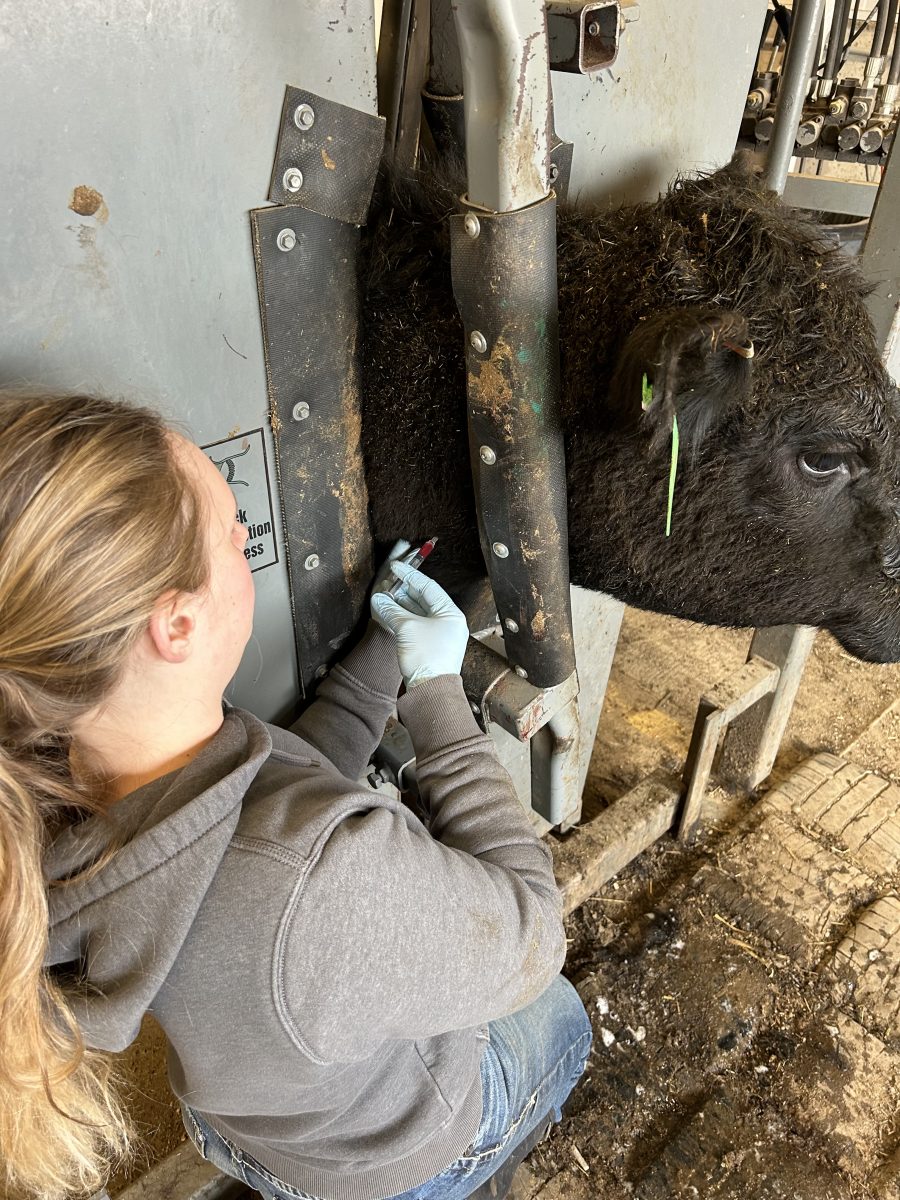Hobo historian spreads word
October 23, 2012
He wears rags he has never washed or ironed. He has driven the Bummobile across South Dakota. He is one of the few living keepers of SDSU’s history and traditions — traditions that can compete with those of any college.
His name is Ty Littau, and he is the dignitaries coordinator for Hobo Week 2012.
Littau, a senior agricultural business major, got the position in April. Since then, he has been learning as much as he can about the history of Hobo Day, giving weekly addresses to the Students’ Association Senate and writing curriculum for future Admissions Ambassadors training. His goal is to teach SDSU students the history of Hobo Day and bring back traditions that have seemed irrelevant for years.
“Probably the biggest passion I have is for the traditions and history of SDSU,” he said. “I feel like they’re not out in the open in front of students very often, so the more I learn, the more pride I have in being a Jackrabbit.”
Littau said there have been “generational shifts” in how students celebrate Hobo Day. Every student knew about it from the 1930s to the 1980s, and it gave SDSU students a common bond. But according to Littau, this generation and the decade before it have forgotten what Hobo Day means.
“Most folks from the outside might perceive the issue as student apathy,” he said. “Truly, I think that is off base. I think it is student ignorance of what makes life as a Hobo and Jackrabbit cool and something to be proud of.”
As a sample of forgotten SDSU traditions, Littau mentioned the Stock Tank Regatta, the Blue Key Smokers and the green beanies given to freshmen at orientation. Freshmen were required not to shave and to wear the beanies continuously until Hobo Day. If a senior saw a freshman who had refused to wear a beanie, they could write a ‘D’ (for ‘dunce’) on his forehead.
With this in mind, Littau said one reason our generation celebrates Hobo Day less than previous ones is because it has forgotten how to have “random fun.”
“We are part of the most scheduled, planned and orchestrated generation in American history,” he said. “Somewhere in the midst of all that forethought we have lost the spirit of spontaneity and random fun for no reason.
“Say you are a South Dakota kid circa 1934. So all the kids you grew up with might have graduated eighth grade. You probably grew up on a farm or ranch. To graduate high school would be above and beyond. To go to college would cost you the money you could earn working somewhere else. There’s an opportunity cost to it.
“You come here, expected to learn etiquette — including shaving. You’re expected to learn manners, finish college and go do amazing things. … To not shave for a whole month, dress in rags and go knocking on back doors in Brookings to get food is far from what is the norm for anyone who is at any college. … All that is great about Hobo Day, and our culture flies in the face of all things expected.”
Littau challenged SDSU students to go to the Hobo Day parade this weekend and ask visiting alumni what Hobo Day was like in past decades. That way, they can bring back the spirit that makes SDSU special.
“This next week we’re going to have alumni from all kinds of places come back to campus, so engage one of them,” Littau said. “Ask them about what they did for Hobo Day. … It gives the students a real connection … to all the students that were here at the same time they were — and those connections will last a lifetime.”



















